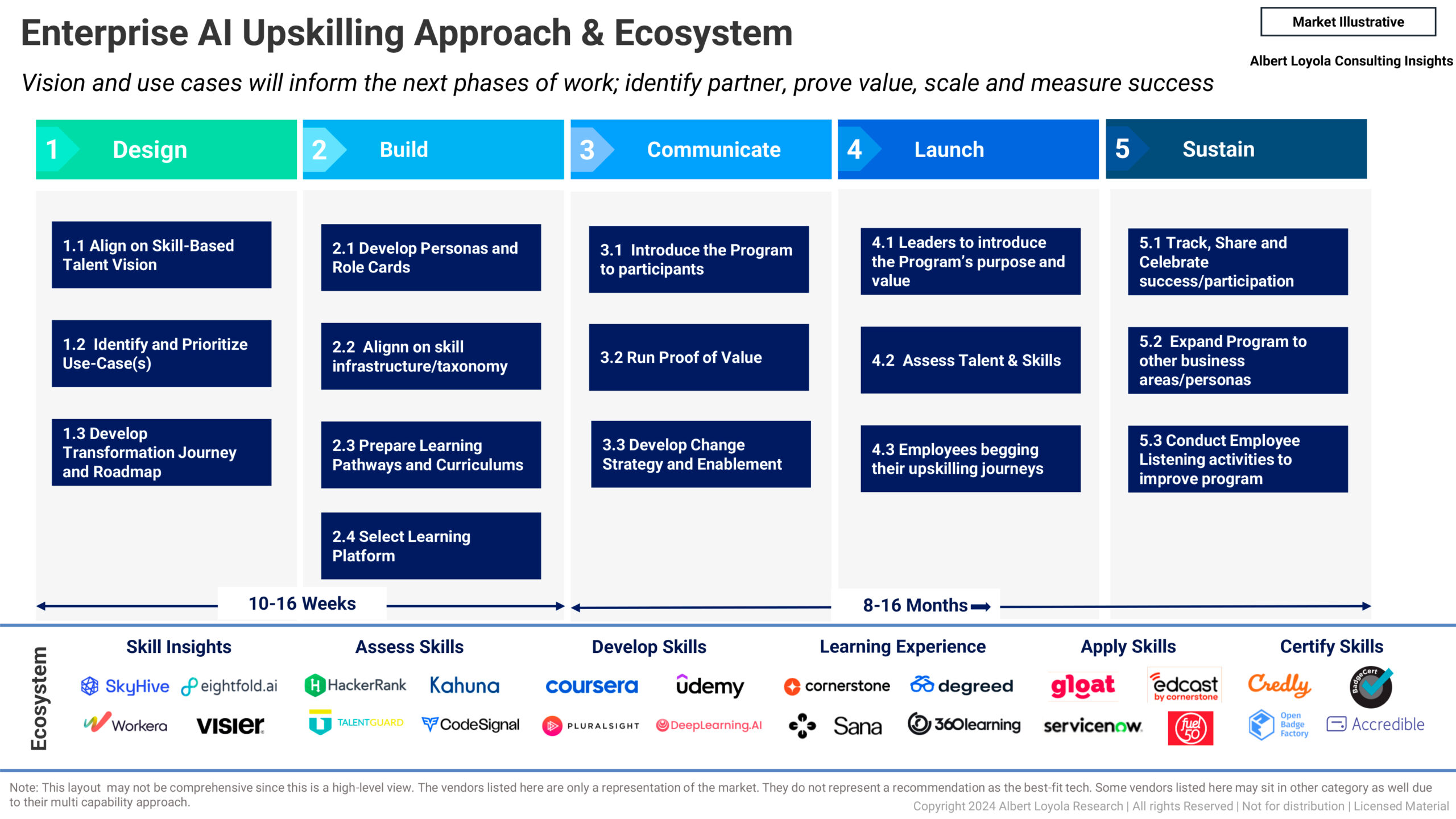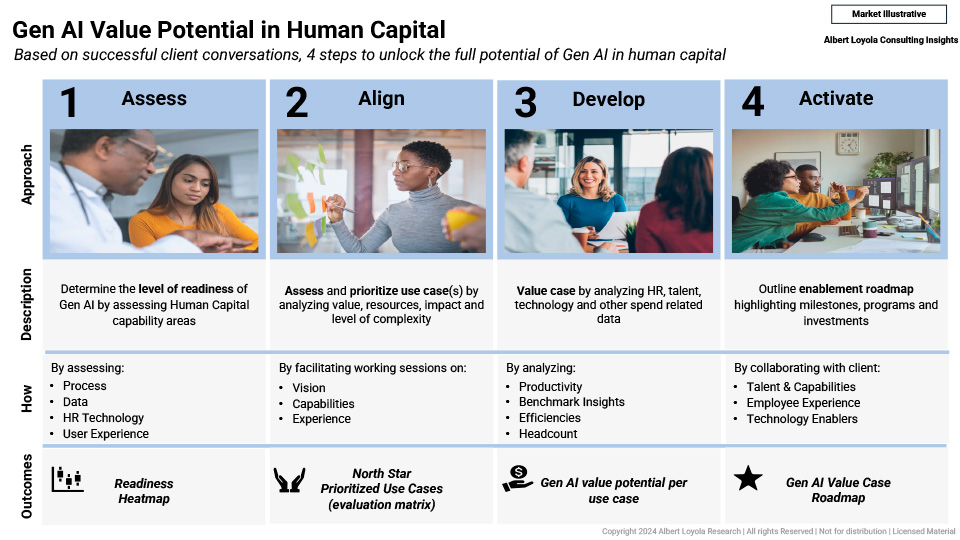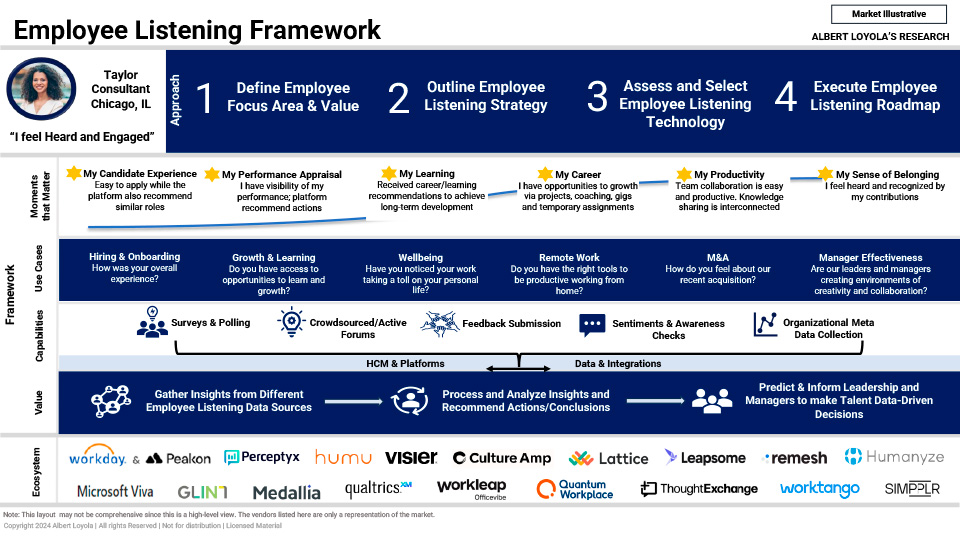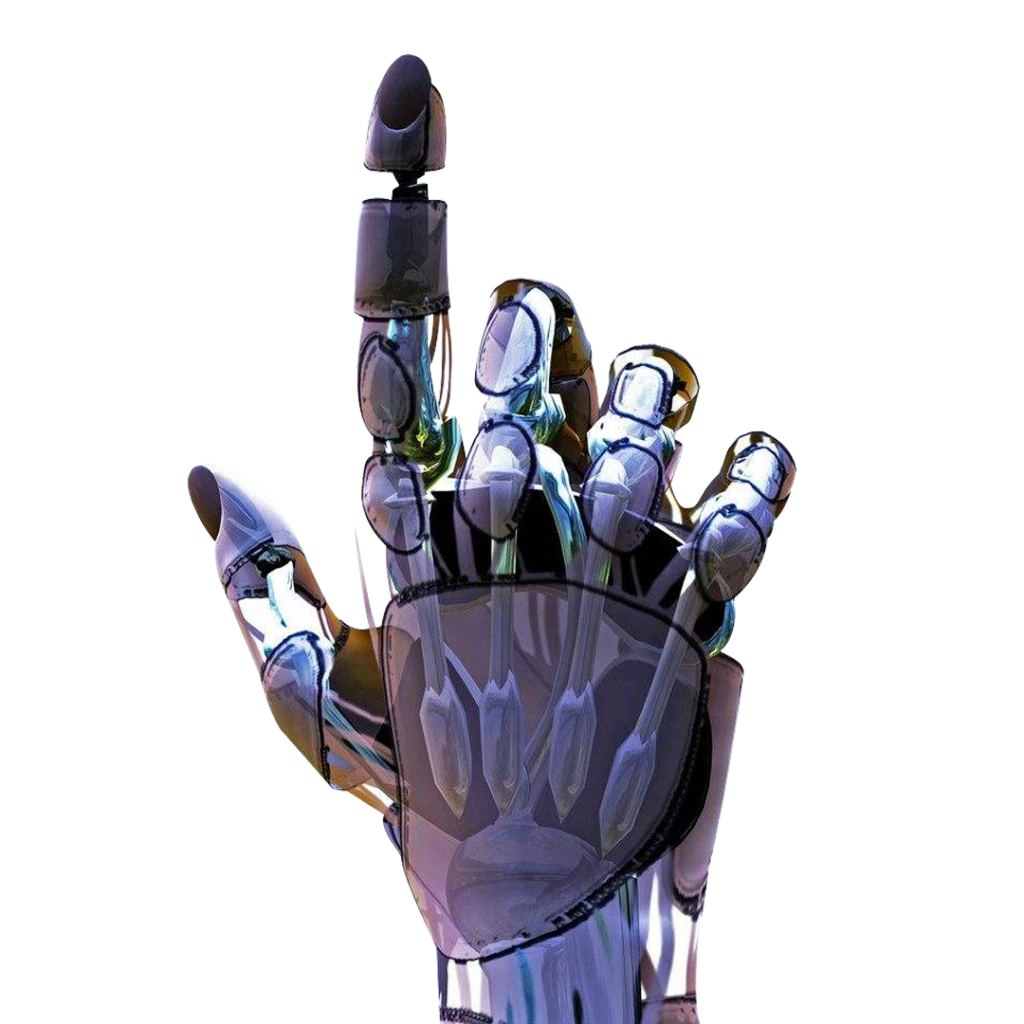
What is the right learning technology stack for enterprise AI upskilling?
Hello, and welcome back to my Blog! With 50% + of F500 companies accelerating spending in AI, learning and upskilling become critical to close skill

Albert brings global market research experience to help executives harness intelligent technologies, reinvent HR, re-skilling and employee experience across NAR, APAC, LATAM and EMEA regions.

Hello, and welcome back to my Blog! With 50% + of F500 companies accelerating spending in AI, learning and upskilling become critical to close skill

Hello, and welcome back to my Blog! As HR functions continue to experiment with copilots and Gen AI technology to enable talent practices and augment

Hello, and welcome back to my Blog! The race, between AI players to build the next big large language model is on with Nvidia hitting

Hello, and welcome back to my Blog! 🌟How do your employees feel about their development and growth opportunities? ▶ That’s where a continuous-listening, from

